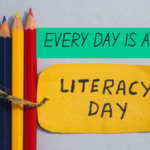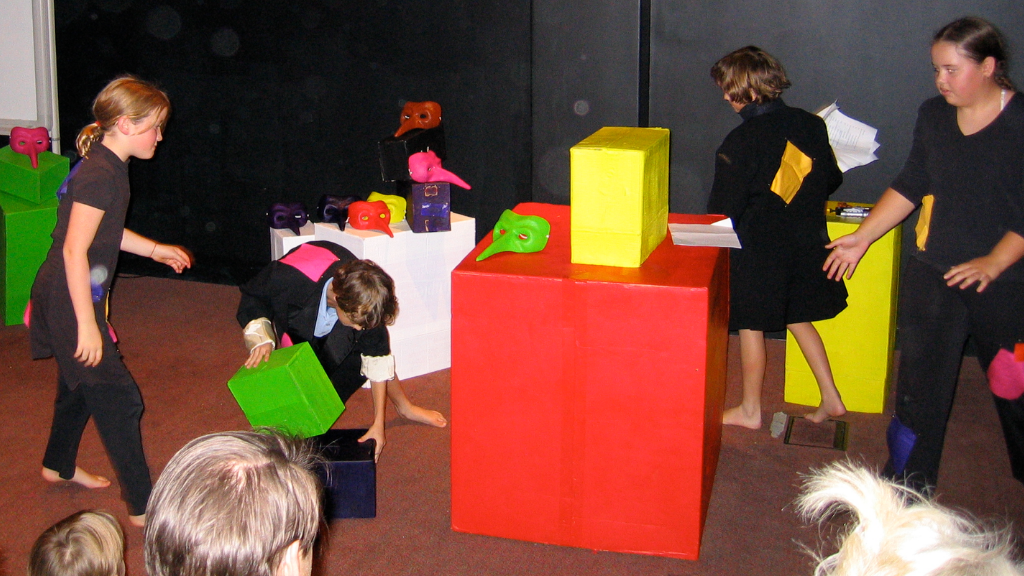Have you ever viewed the fairytale spoof The Princess Bride (1987)?
It’s a film determined to make us laugh about our ‘happy ever after’ delusions.
One of my favourite moments is when the heroine, Princess Buttercup, chastises the returning hero, Westley, disguised as the Dread Pirate Roberts, for mocking her pain; he answers,
“Life is pain, Highness. Anyone who says differently is selling something.”
I often think of this sentiment during the last two periods on a Friday when I teach Core Literacy to my Year Sevens. The list of challenges looms ever higher: the absentees I need to follow up on, the many requests to have a drink or go to the toilet, and the overwhelming, relentless effort I need to enact to help students remain focused on the planned work.
Furthermore, after the exhausting classes are over, I am painfully aware of what the students have ‘missed out’ in the design of the Core Literacy programme, too. For instance, I can’t help but notice the living proof of the difference between when I teach them in morning classes earlier in the week!
Don’t get me wrong. Friday afternoons can also be a time of emotional release. For instance, an essential aspect of the literacy programme is ‘mental modelling,’ through which we share the fascinating fact that good readers visualise the text. Many teachers may be familiar with this practice. In Core Literacy, I get to share the practice in numerous ways, for instance, by listening to the lyrics of songs.
When the students are fresh and rested, I can pivot to the task without too many personal comments like ‘Can I choose a song I know?’ or ‘What’s drawing got to do with literacy?’ Unsurprisingly, the song is intentionally ‘foreign’ to their young eyes like the 1961 Jimmy Dean hit “Big Bad John”.
Metacognitively speaking, that’s the most powerful thing that happens between myself and the class as I steer the visualising exercise towards expressing what the programme aims to deliver.
(Slide used in the Core Literacy Programme)
Yes, teaching is sometimes like ‘selling something’.
Be truthful! How often do you need to advocate for the value of certain bits of knowledge, skills, or practices in your teaching practice? Since my return to teaching, I’ve noticed the positivity in which students are now used to the Learning Intention to motivate their compliance. Nonetheless, Friday afternoons remain a thing to be managed between tired 12 and 13-year-olds and this teacher. I am, at that moment, no different to the grandfather in The Princess Bride, trying to convince his sceptical grandson, who exclaims:
The Grandson: A book?
Grandpa: That’s right. When I was your age, television was called books. And this is a special book…
The Grandson: Has it got any sports in it?
Grandpa: Are you kidding? Fencing, fighting, torture, revenge, giants, monsters, chases, escapes, true love, miracles…
The Grandson: Doesn’t sound too bad. I’ll try to stay awake.






